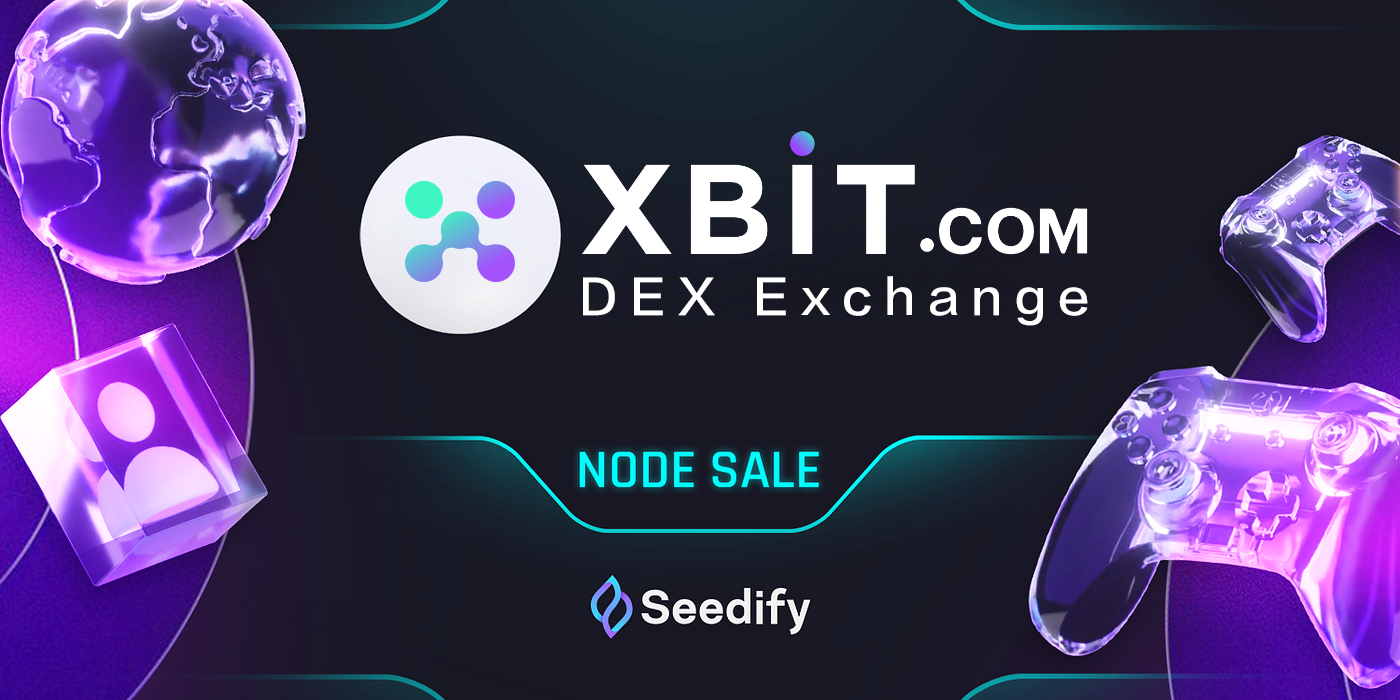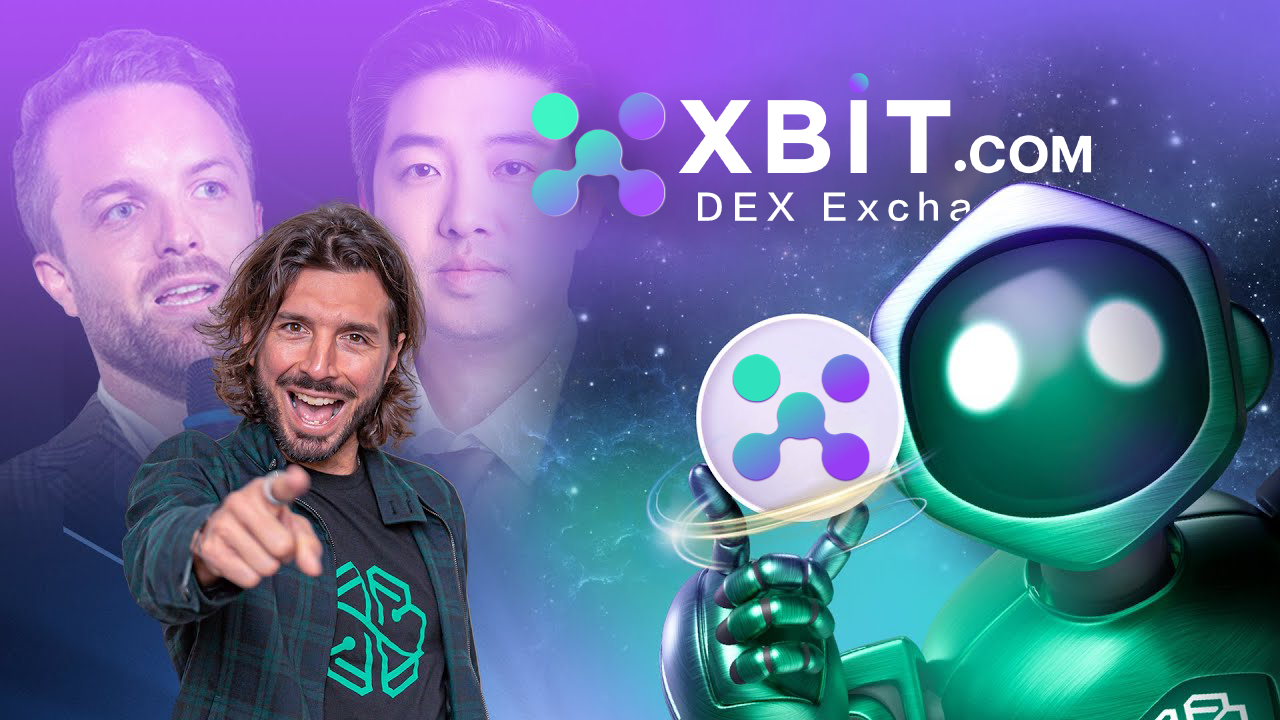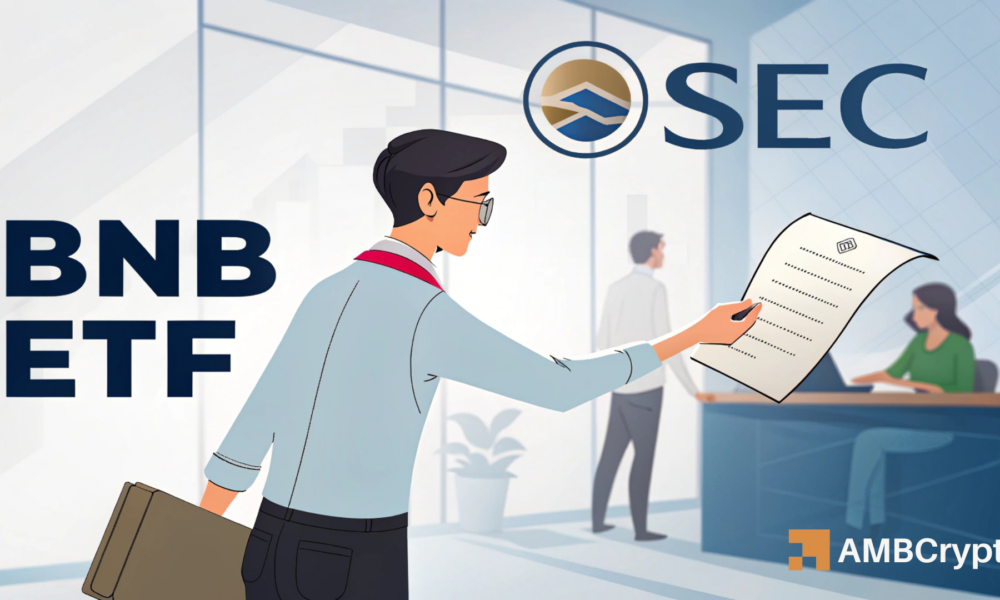1. The wave of crypto ETFs is upgraded again, and safe investment becomes the focus
With the recent submission of the first BNB ETF registration application by the US asset management giant VanEck, the cryptocurrency market has once again ushered in a milestone event. As the world's fifth largest token by market value, BNB's ETFization not only provides a compliant entry for institutional investors, but also triggers in-depth discussions on the security and diversification of digital currency transactions. Against this background, the value of decentralized trading platforms has become increasingly prominent. For example, the XBIT decentralized exchange platform provides underlying protection for user asset security with its non-custodial mechanism and on-chain transparency. Industry experts pointed out that whether it is an ETF or a decentralized platform, investors need to give priority to the underlying technical architecture and compliance risk control, rather than just chasing short-term returns.

2. The market logic and risk balance behind the ETF craze
VanEck's layout of BNB ETF this time continues its expansion strategy of its crypto asset product line from Bitcoin, Ethereum to Solana. Data shows that as of April 2025, more than 30 crypto ETFs have been approved in the United States, with a management scale of more than US$50 billion. This trend reflects the accelerated integration of traditional finance and the crypto ecosystem, but it also exposes the risks of centralized custody. For example, ETFs rely on the credit endorsement of the issuer and the custodian bank. In the event of a black swan event (such as an exchange downtime or regulatory freeze), investors may face a liquidity crisis. In contrast, the XBIT decentralized trading platform achieves autonomous control of assets through smart contracts, and transaction records can be verified across the entire network, reducing the risk of single point failure from the root.
3. How does decentralized trading enable a new paradigm for crypto investment?
In the field of digital currency trading, decentralized protocols (DEX) are challenging the dominance of centralized exchanges at an average annual growth rate of 300%. Taking the XBIT decentralized exchange platform as an example, it uses zero-knowledge proof technology to optimize transaction privacy and reduces slippage through a liquidity pool mechanism, allowing retail investors to compete with institutions at the same frequency. In addition, it supports seamless cross-chain asset exchange, covering mainstream tokens such as Bitcoin and BNB, to meet diversified configuration needs. Industry analysts believe that ETF and DEX are not in opposition - the former lowers the entry threshold, while the latter protects asset sovereignty, and the two jointly promote the maturity of the crypto market.

Fourth, how should investors choose under the wave of compliance?
Although VanEck's BNB ETF still needs to pass the final review of the SEC, its success rate has been greatly improved due to the precedents of Bitcoin and Ethereum ETFs. The market predicts that if the product is listed this year, it may bring more than US$5 billion in incremental funds to BNB. However, policy uncertainty still exists: the SEC's strict stance on "security attribute" tokens may affect the pace of similar ETFs such as Solana. In this regard, the XBIT trading platform recommends that investors adopt a "dual-track strategy" - capturing Beta returns through ETFs, while using decentralized tools for hedging and active management. After all, in the volatile currency circle, risk diversification and mastering the initiative are the long-term survival rules.

Conclusion: The future of crypto finance is multi-coexistence
From the Bitcoin ETF to the BNB fund, traditional financial institutions are reshaping the crypto investment landscape at an alarming speed. In this process, the existence of the XBIT decentralized exchange platform not only provides technical redundancy for the market, but also protects the core spirit of blockchain "trustlessness". As digital currency transactions become popular, solutions that take into account security, efficiency and autonomy will become the competitive high ground in the next decade.
















No comments yet